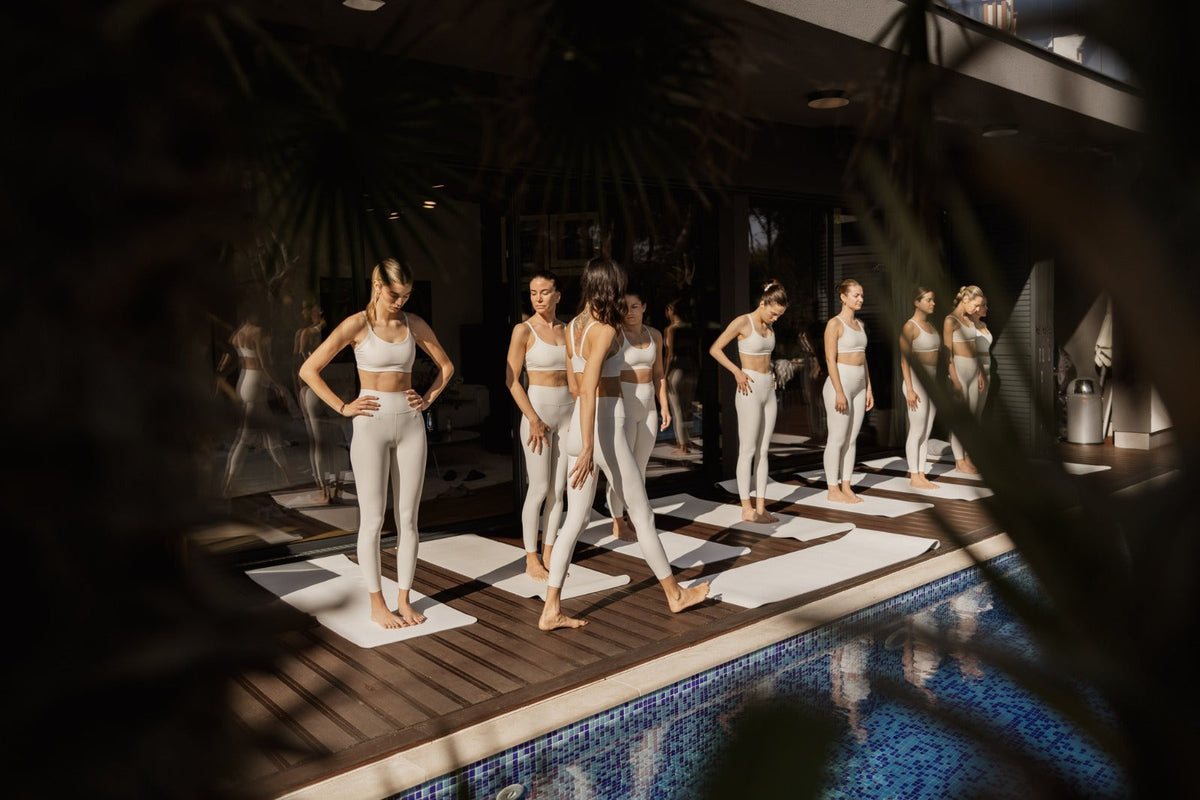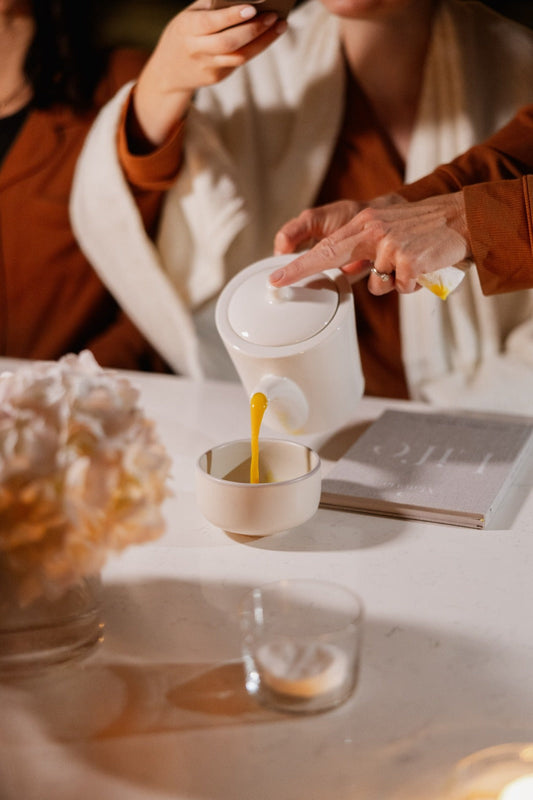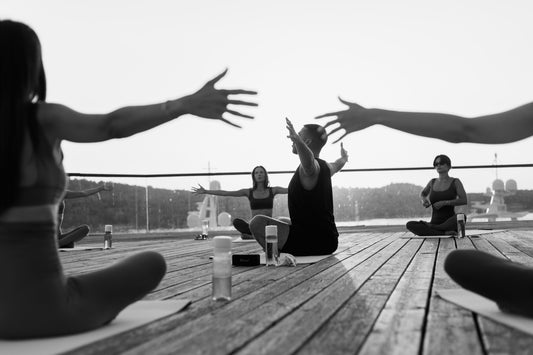The Body Never Lies: What We Don’t Manage to Feel
There are people who truly don’t know how to rest; if a day doesn’t bring at least one “fire-drill”, they feel strangely uneasy. Under stress they breathe more clearly, think faster, stand taller. They’re not addicted to chaos, as we often assume—they’re simply used to it. For their nervous system, calm feels unnatural, and silence is misread as a threat—an experience that’s becoming alarmingly common today.
We’re trained to move fast—to the hum of outside noise and thoughts that slice through one another—yet we’re untrained in listening to what rises in the hush when we stop speaking and moving. Instead of relief we often meet restlessness, as though quiet itself signals that something is wrong—signs of a completely scattered mind.
In that state the body becomes the last territory where emotions can be noticed. Everything we didn’t have time to say, clarify or digest slowly pours into tissues: into spasm, heaviness, pressure beneath the ribs, tension in the jaw.
A false split: feelings vs. flesh
We inherited a habit of separating emotions from the body—treating feelings as weakness and the body as a mere vehicle for getting things done. The split is a convention, an old defence that no longer serves. The body participates in everything, recording each feeling, each absence of feeling, every tension that had nowhere else to go.
We’re not exaggerating—the symptoms are real
When pain can’t be explained by tests and scans, when results are “normal” yet the body still can’t settle, that’s not a mistake—it’s a trace. Suppressing or ejecting emotions doesn’t erase them; they shift into physiological patterns and silently disrupt the very functions meant to protect us, disturbing rhythm, immunity, sleep, digestion. The body isn’t over-reacting; it’s reacting with precision—we’ve simply forgotten its language.
A bodily map of feelings left unprocessed
-
Sadness in the chest: tight breathing, a weight that feels at once real and elusive.
-
Neck & shoulders: chronic responsibility—too little delegating, too many unspoken “no’s”. Stiffness becomes the boundary we didn’t set in time.
-
Lower back & hips: existential pressure, the sense of having no ground, or standing before decisions that require forward movement while the direction is unclear.
-
Stomach: one of the body’s most sensitive places. Reflux, gastritis or nausea often mirror situations we can’t “digest”: conversations postponed, people endured, loads too heavy. What should move outward circles back inside, quietly but persistently.
Not every pain is psychosomatic, and not every emotion breeds disease. But when the body hurts and all findings are silent, it may be an invitation to listen—neither self-doubt nor self-diagnosis, but a refusal to keep ignoring sensitivity.

Gentle practices the body recognises as presence
Returning to the body is personal, intimate, fragmentary. It doesn’t demand big decisions, only willingness to be here—without the constant productivity, punctuality, correctness demanded by the world. Simply here for our own sensitivity.
Care as response, not correction
Oils and creams we use, the way we apply balm, the attention we give skin—each gesture tells the body it is seen, valuable because it exists, not because it is flawless.
Writing to establish inner order
Putting pain on paper reveals the pattern rather than the story: what appears every Monday and fades on Friday? When is the chest heavy for no clear reason? Recording what the body is trying to say creates a map we can follow.
Breathing as daily departure point
Stress makes breath shallow, sometimes for hours. That’s why it’s important to pause, close our eyes and breathe without any goal. Even two minutes with a hand on the belly can become an anchor in a world that demands constant action.
Movement as permission, not measurement
An exhausted body doesn’t crave intensity—it craves motion. Movement that exists for its own sake could be a walk with no destination, or a stretch without proving flexibility. When we stop chasing results we often feel the body for the first time as protector, not impediment.
Small pleasures
Soup. Tea. A palm resting on the abdomen. A space without screens. These rituals look simple—almost trivial—and precisely for that reason they’re hard to keep: they require presence, the rarest commodity today. Ritual becomes a decision, an act of return to self—the highest discipline, not a luxury. We don’t do it to calm down but to remember who we are when no one needs us to be anything else. The true power is setting attentiveness as a personal standard, even when everything around us asks us to lose it.










